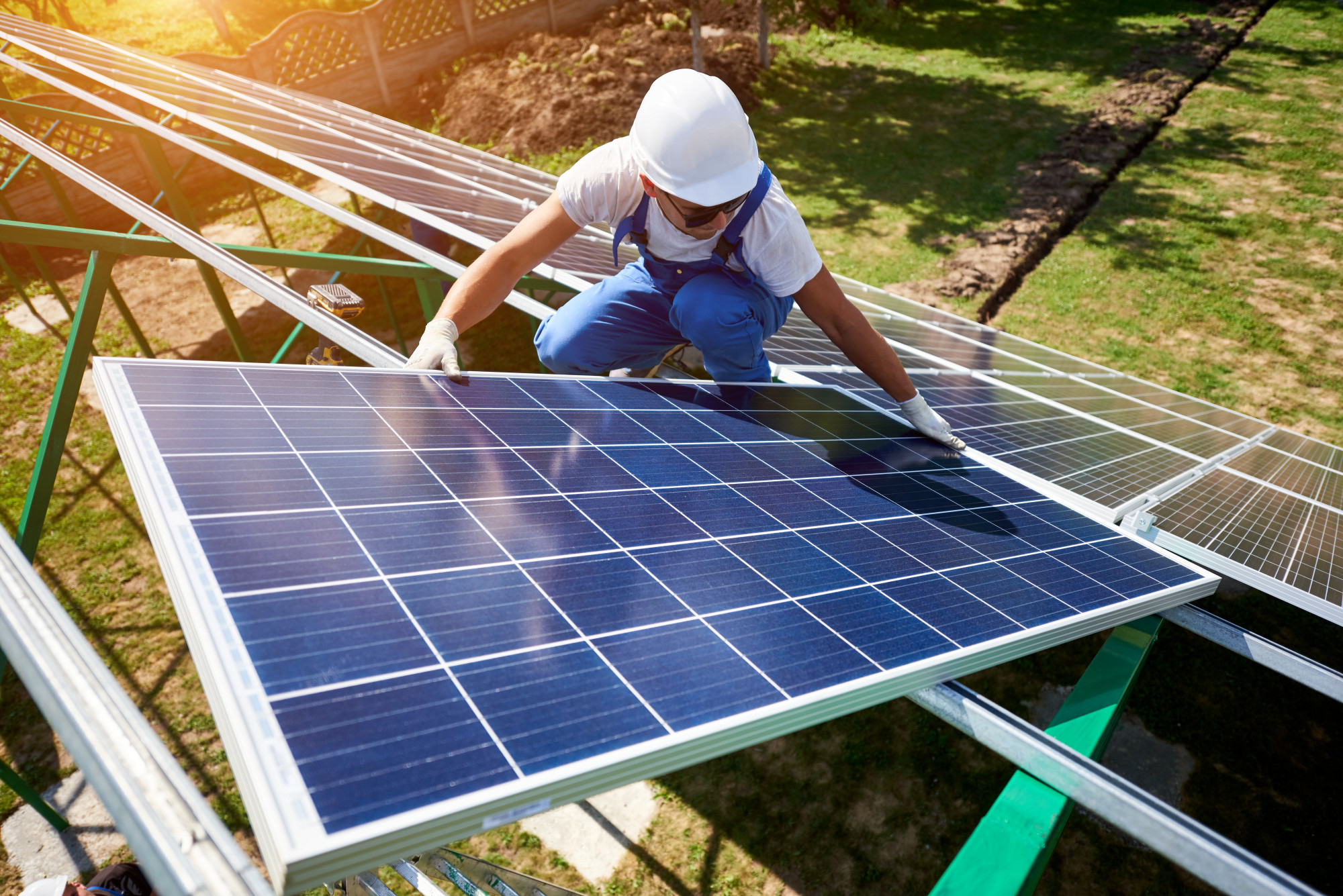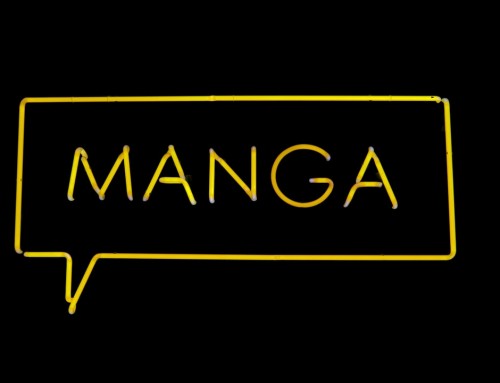Solar panel installations are expected to double by 2023. It’s not complicated to see why. The rising cost of traditional electricity and concern for environmental sustainability has pushed homeowners towards renewable energy.
If you’re thinking of investing and saving money on energy bills, you might be wondering, “how much do solar panels cost?” You don’t want to make the leap before learning more about solar panels and how much they’ll set you back. This guide will go over all of the factors that affect the cost of solar panels to make an informed decision.
Let’s get started.
Take a Look at Your Electric Bill
If you have a high electricity bill, you’ll benefit from switching to solar panels. They generate their own power, offsetting your monthly electricity bill. Whether you’re a business, homeowner, or nonprofit, electricity costs can make up a big portion of your monthly expenses.
A solar panel system will generate free power for your home or business for over 25 years. You may not produce all of the energy you consume, and that’s fine because solar can still reduce utility bills and save you money.
Take a look at your electric bill. If the prices are higher than you want them to be, making the switch will have your wallet feeling lighter.
Does Your Area Get a Lot of Sun?
If you live in a place that gets a lot of sunlight, you’ll be saving even more money with solar panels. More sun means more energy produced, which means more money in your pocket. States like California and Arizona average more sunlight per day.
Before investing in solar panels, consider how much sun you get. Not only because of the state you live in but also the home’s orientation towards the sun, the type of roof you have, and how much shade your home falls under.
You can estimate how efficient your panels might be in your location by using a solar estimate calculator. All you need to do is enter your address, the type of property you’re in, and your average electricity bill. From there, you can see how much you’ll save if you switch to a solar energy system.
Installation and Purchase of Panels
The biggest cost factor for solar panels is the installation and the price of the actual panels. You should be aware of this in case the initial quote scares you. Remember that these upfront costs will be worth it in the long run.
You don’t need to worry about solar panels requiring much maintenance, and they can last for 20 years or more without changing the amount of electricity it produces.
As you work on calculating the total price, think of how much energy you use on a daily basis (check your utility bill). Consider the size of the solar energy system you’ll need to generate that amount needed.
With installation, a solar panel system’s average cost can be between $3 and $5 per watt. This means that you can expect to pay between $15,000 to $25,000. That’s before any incentives or tax credits.
Once you know the size, you’ll need to make the switch, shop around for different panels. In the same way you would do if you were looking for the best deal on a new car.
There are companies that lower installation costs through different programs and rebates. If you’re curious about that, you can discover more here.
Get quotes from at least three to five contractors. Be sure to check the reviews and certifications as well as looking at the Better Business Bureau profile. It’s a lot of money to invest, and you don’t want a subpar job.
Check Trade Policies
Now that you have an idea about solar panel installation cost and how to estimate your area’s price let’s look at some other ways cost will be affected. One of the ways is through trade policies.
Look out for tariffs on imported solar cells and panels. The most recent tariff has made it, so there is a 16 cent per watt increase for the average consumer. This rounds up to about $1000 for a six-kW system.
There’s a chance that the cost of foreign-manufactured panels will drop, which will lessen the tariff’s effect over time. If you’re considering switching to solar energy, you’re more likely to save more now if you do so sooner as opposed to later.
There May Be Incentives
The good news is that the government offers homeowners significant incentives for using solar energy. You might be able to claim as much as 26% of installation costs. Policies are constantly shifting, so if you’re curious about it, be sure to stay updated on any solar energy news.
Some credits vary by location. Depending on the state you live in, you could receive different benefits like property tax exemption, waived fees, cash back, and expedited permits. You might even be able to sell excess power to local utility companies.
Check to see what credits are available in your state but know that these benefits aren’t guaranteed to last. Solar is becoming cheaper, and as we move toward a green world, those incentives might not be around too long.
How Much Do Solar Panels Cost?
As the world moves towards more sustainable options, solar panels become a more common option. While it may not be widespread, it continues to grow in popularity. With that in mind, you might be interested in investing in solar panels for your home or business.
One of the most important questions to ask is, “how much do solar panels cost?” You don’t want to spend your entire life savings on something, so it’s only natural that you’re looking for the most affordable option to go green. Luckily, solar panels are good for your wallet and the environment.
Looking for more ways to improve your home and happiness? Be sure to check out the lifestyle section of our blog!











